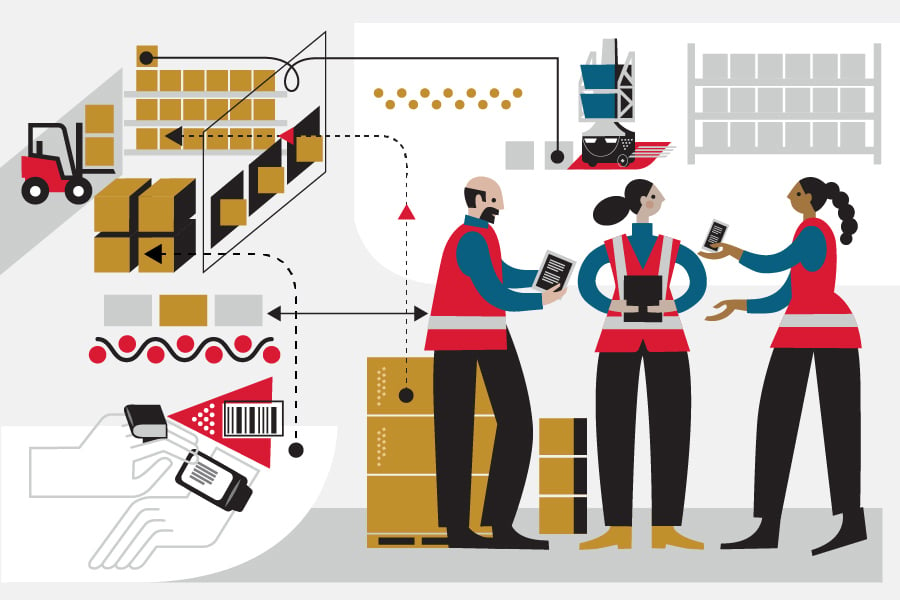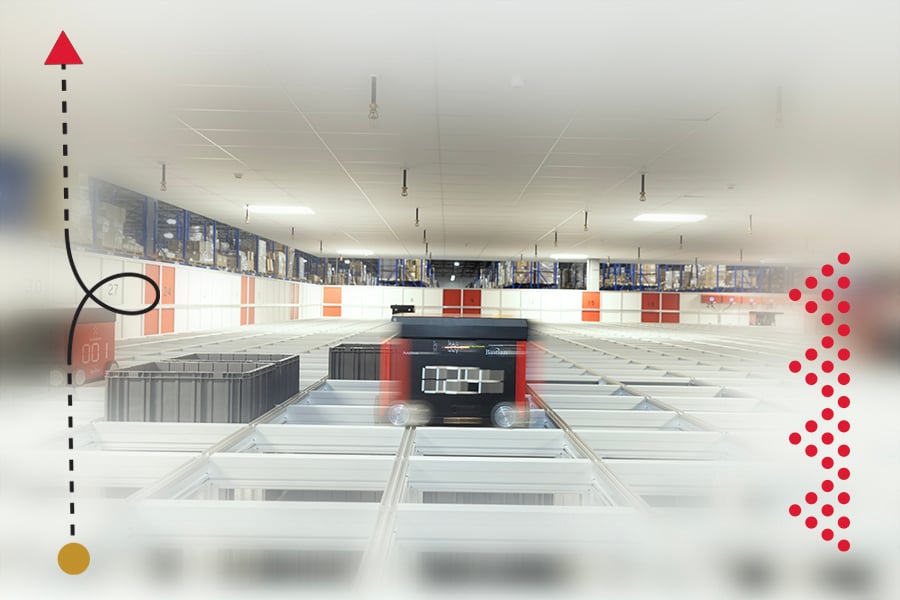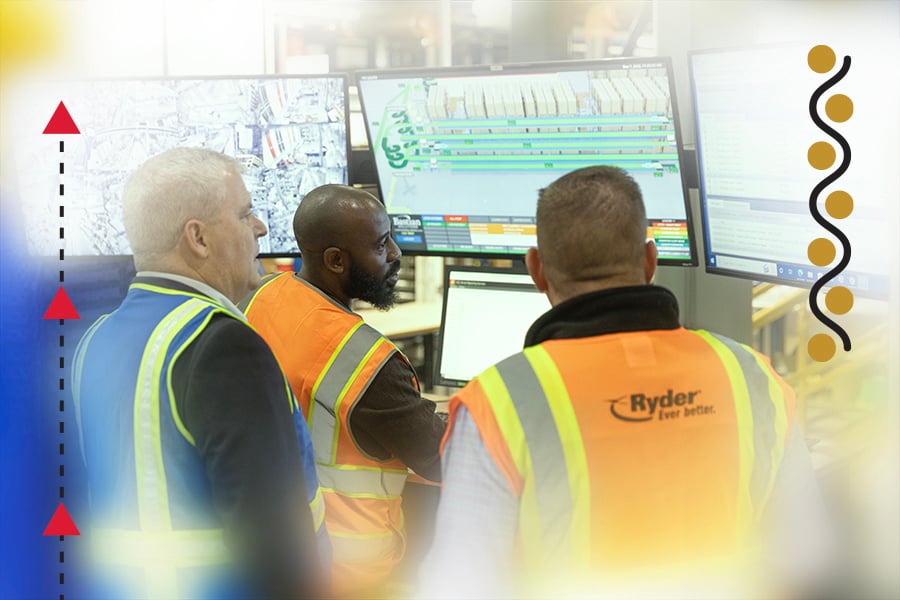Reach your customers quicker than ever before. Leverage our strategically placed order fulfillment centers that surround major ports and transportation hubs. Our dedicated and multi-client warehouse and distribution center locations include New York/New Jersey, LA/Long Beach, Savannah, and Seattle, so we can deliver powerful distribution strategies that exceed your customer expectations.
Logistics
Warehousing & Fulfillment
Transportation
E-commerce
E-commerce Fulfillment Services
Lease & Maintenance
Semi Trucks
Supply Chain Technology
Logistics
E-commerce
Lease & Maintenance
Buy Used Trucks








